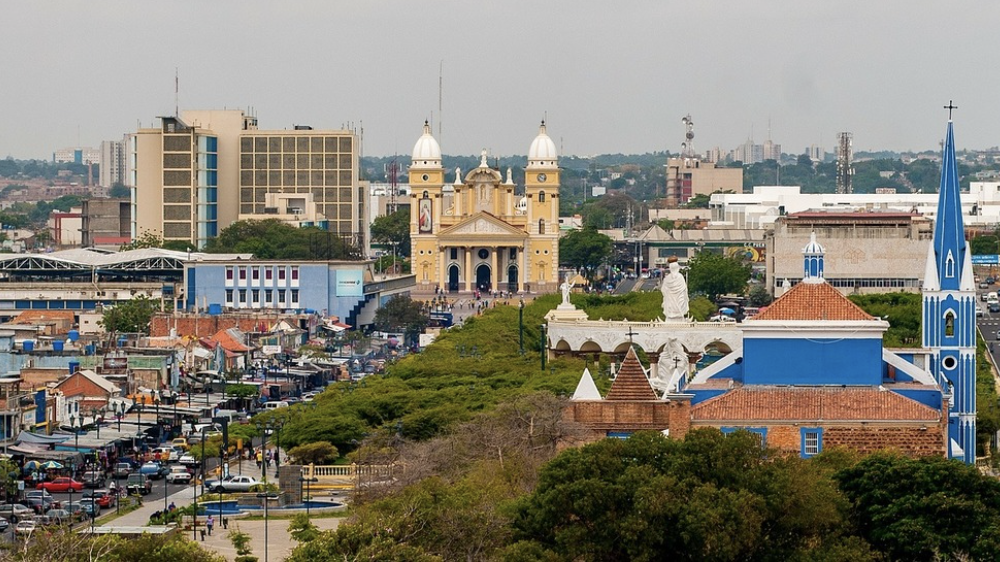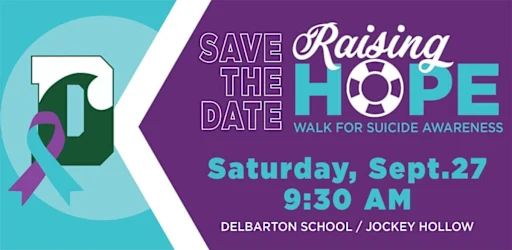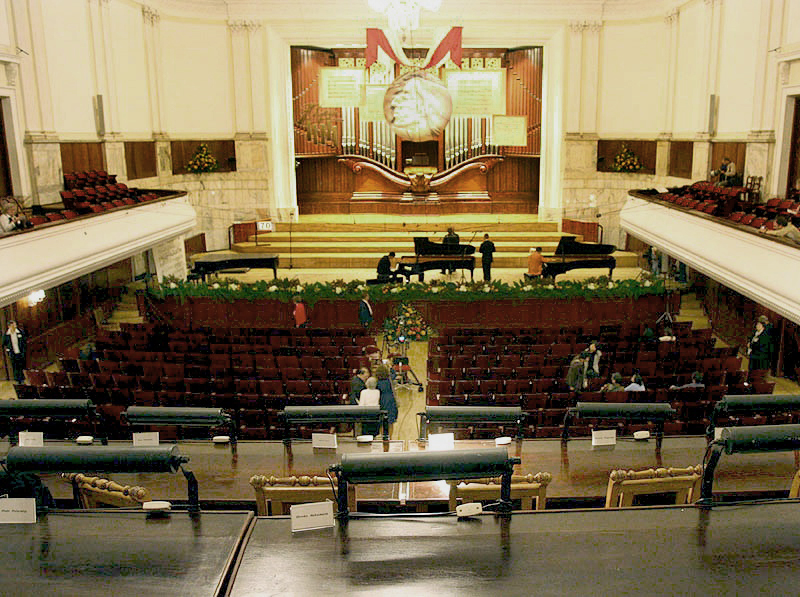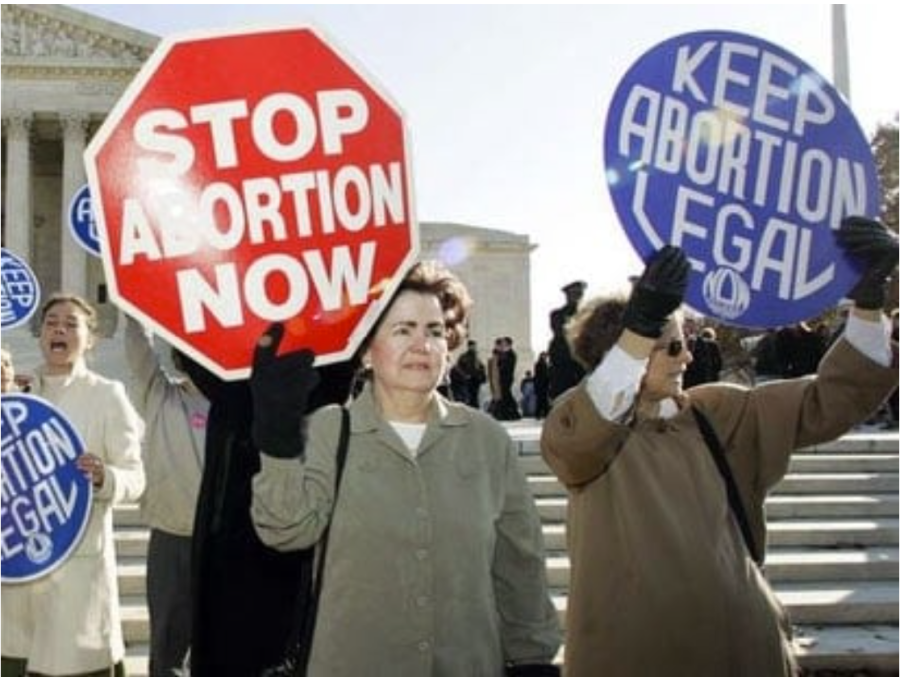The Impact of Dobbs v. Jackson –
Women’s Health Organization on State Governments
May 24, 2022
On May 2, 2022, a potential landmark Supreme Court decision on abortion was anonymous leaked by Politico. This leaked decision in Dobbs v. Jackson overturns the judicial precendt of Roe v. Wade and Casey v. Planned Parenthood and restricts access to legal abortion after 15 weeks of pregancy. The draft majority opinion, written by Justice Samuel Alito, argues “that Roe and Casey must be overruled” because “Roe was egregiously wrong from the start. Its reasoning was exceptionally weak, and the decision has had damaging consequences”(Politico.com/news/2022/05/02/Supremecourt). The draft was disclosed by an unnamed source and its leaking has troubled many Americans concerned with the Supreme Court as an institution. As a result of Alito’s leaked decision draft, many abortion-rights supporters protested in many major cities such as New York, Los Angeles, and San Franisco. Regardless of people’s opinion on abortion, Dobbs v. Jackson will likely change abortion access throughout America, although the impact of the decision will most likely occur in the American South and Midwest.
Because of the potential Dobbs v. Jackson decision, lawmakers in both Democratic and Republican states quickly moved to expand or restrict abortion access. For example, in the state of California, Democratic lawmakers are proposing a “package of bills [that] seeks to make the state a ‘refuge’ for women seeking legal abortions” (Politico.com/news/2022/05/02/Supremecourt). In heavily Democratic New York, a bill has been proposed that intends to “strengthen abortion rights, including one that would create an abortion access fund” ((Politico.com/news/2022/05/02/Supremecourt). On the opposing side of the issue, Republican lawmakers seek to restrict abortion. In the state of Florida, Republican governor Ron DeSantis limited abortion after 15 weeks of pregancy while in Idaho lawmakers are looking to completely ban abortion all together in the state. The American people are also divided on the issue, with 49% considering themselves “pro choice” or supportive of abortion rights while 47% of Americans identify with the “pro life” or anti-abortion movement. 58% of Americans, including some “Pro Life” supporters, do not want to overturn Roe v. Wade and would prefer to uphold the current legal precedent. Furthermore, the overturning of Roe v. Wade would lead to “Trigger Laws” in many Southern and Western states. In 26 states, Trigger Laws, laws that overturn or partially overturn abortion access in their localities, have been passed. In 13 states, Trigger Laws would immediately be in effect if the Dobbs v. Jackson draft decision is implemented.
Following the leaked Dobbs v. Jackson opinion, many journalists examined the potential impact on abortion rights in America. As a result of efforts by lawmakers, abortion access in the United States would likely become regionalized, with abortion legal in most Democratic states located in the Northeast and the West Coast and restricted in Republican controlled states in the South and Midwest.































